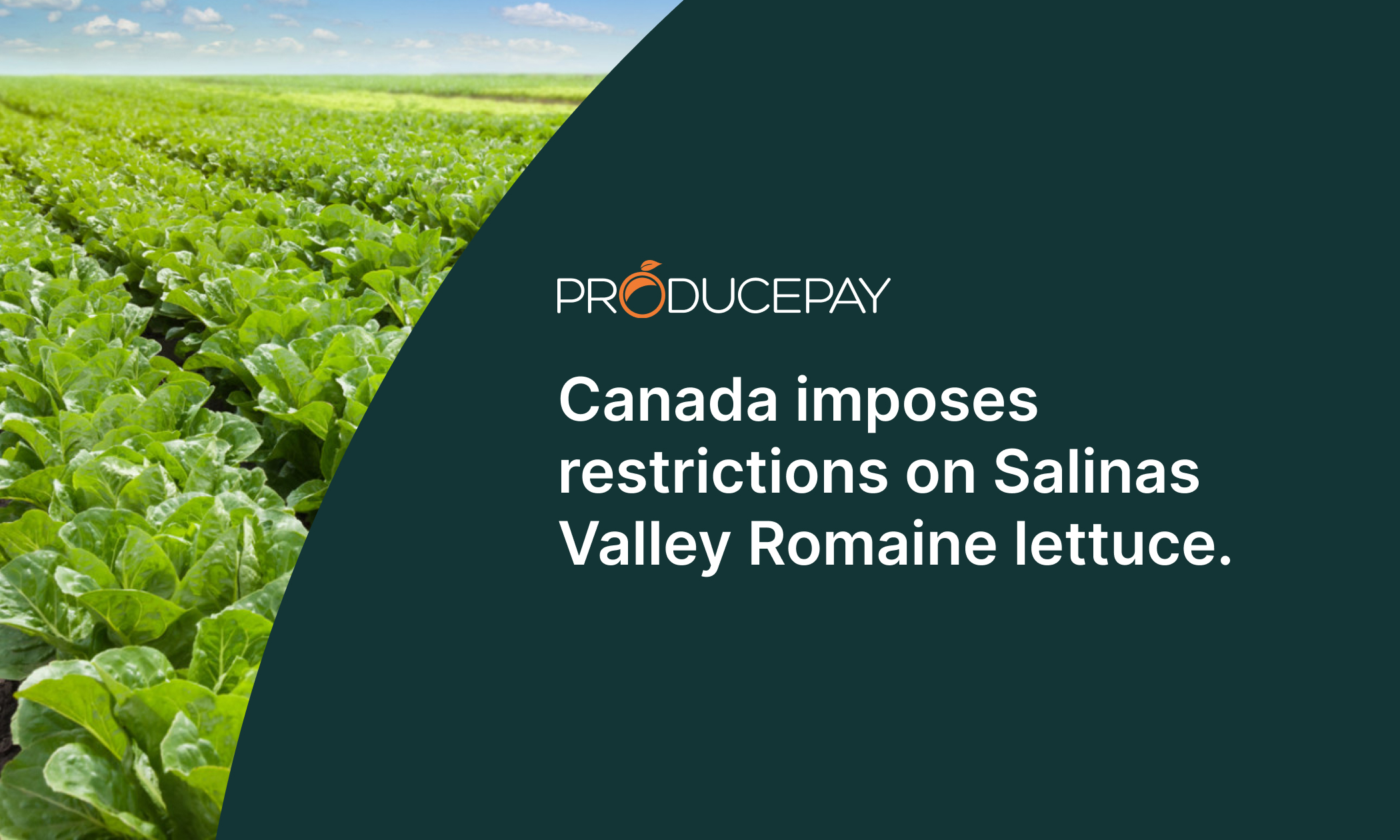
Canada imposes restrictions on Salinas Valley romaine lettuce.
The Canadian government is taking steps to ensure food safety and protect the health of its citizens by announcing the implementation of additional temporary requirements for Romaine lettuce imports from Salinas Valley, California. These measures will be in place from September 28 to December 20, 2023, and are intended to prevent the spread of Escherichia coli bacteria.
A critical element of these new rules is the requirement for importers to submit a Preventive Control Plan detailing the sampling procedures and testing prior to importation into Canada. The goal is to identify any potential contamination and take the necessary measures to prevent the distribution of potentially hazardous products.
Each shipment of romaine lettuce must be accompanied by a certification form issued by the Canadian Food Inspection Agency, known as the “Attestation Form,” which certifies that the required preventive control and testing process has been carried out to ensure compliance with the new regulations.
One of the critical features of these measures is the requirement for testing by internationally accredited laboratories for the presence of E. coli bacteria.
It’s essential to recognize that following these temporary rules is required. Products that don’t conform to the criteria in the temporary import permit will be seen as unauthorized imports to Canada and will face the appropriate legal action.
Importers, distributors, and consumers who want to know more about these regulations and their impact on importing romaine lettuce from the Salinas Valley can visit the Canadian government’s food import page. There, interested parties can find details on the requirements, processes, and measures that growers and distributors must follow to ensure a safe and high-quality food supply in the country.
Sources: The Packer
